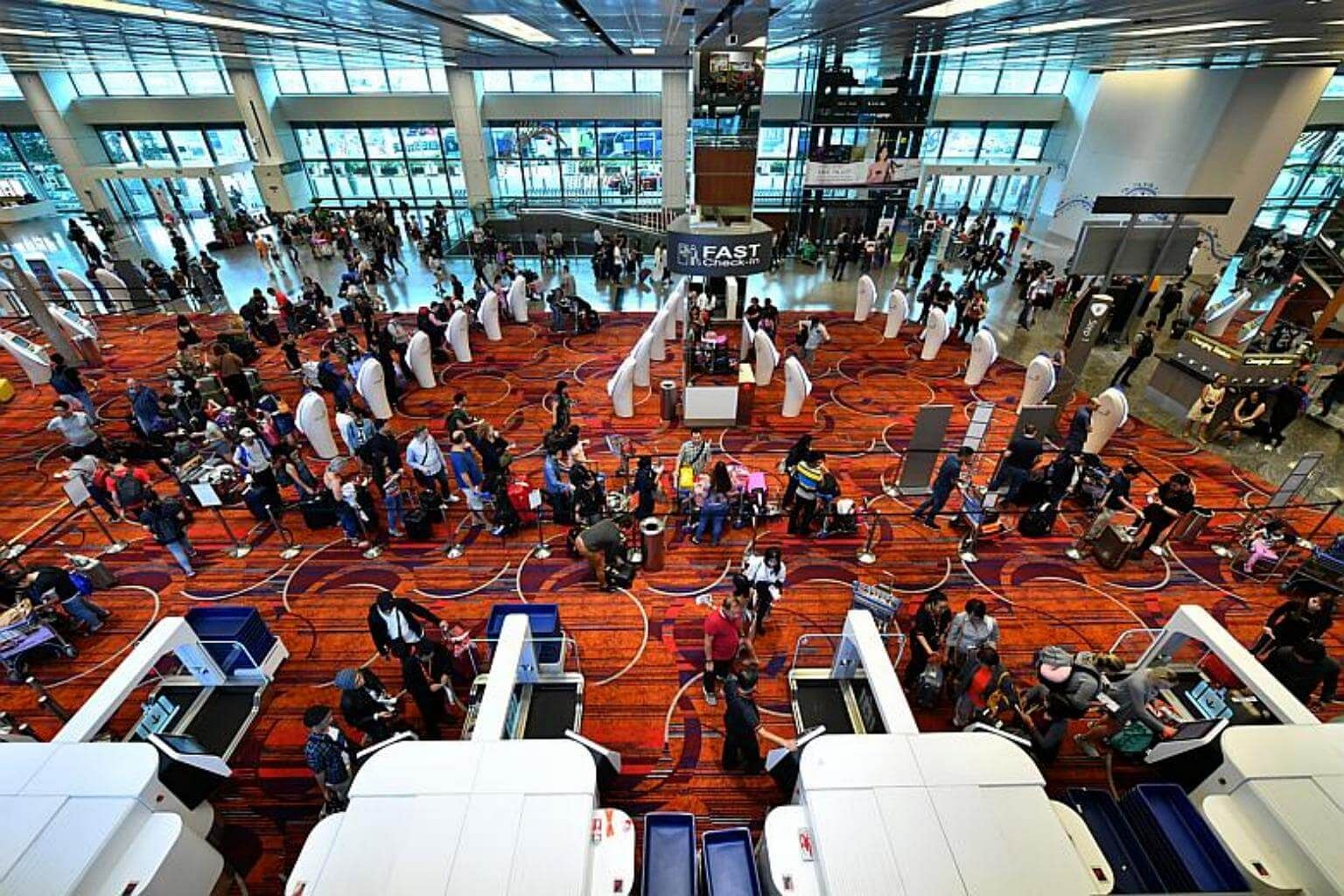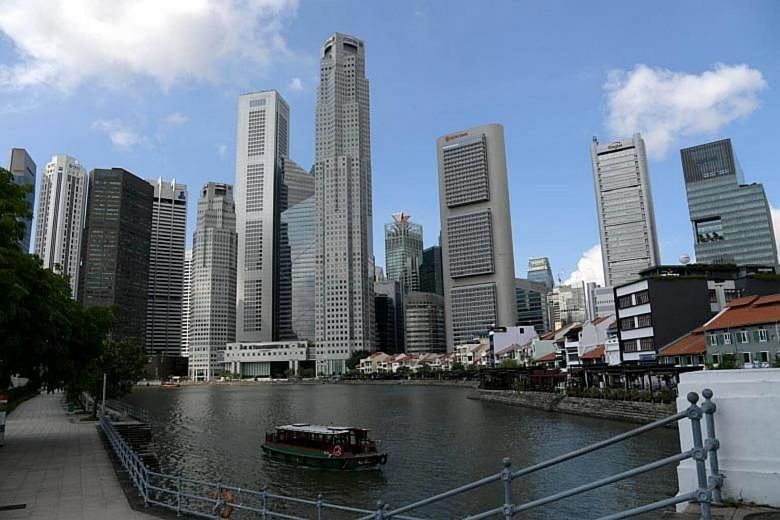SINGAPORE - This year's Budget saw a slew of measures announced by Finance Minister Heng Swee Keat, amid a long-term expectation that the nation's spending needs are set to increase.
Among the hot topics of discussion was a 2 percentage point goods and services tax (GST) hike to be implemented between 2021 and 2025, which prompted many to ask if there were other ways to raise the revenue needed.
As Parliament prepares to debate the Budget in the coming week, Insight dives into five questions raised following Mr Heng's Budget speech on Monday (Feb 19).
1. Will GST be a political hot potato in the next election?
Drawing lessons from the outcry sparked by the water price hike announced in last year's Budget, the need for a higher GST was communicated well in advance this time.
Although its rise from 7 per cent to 9 per cent is set to take place only after 2021, the hike was unveiled in this year's speech .
Observers such as Dr Lam Peng Er of the National University of Singapore's East Asia Institute noted that raising consumer taxes has taken a hit on politicians abroad, although this has not happened with the introduction of GST here, and in its two subsequent hikes - the latest being in 2007.
Whether it will become a political hot potato at the next general election for the ruling People's Action Party depends in part on how well the opposition parties milk the issue, he added.
2. Should the state do more for seniors and their caregivers?

Budget 2018 contained measures to strengthen community and family support for older citizens - moves that many welcomed.
This included enhancing the Proximity Housing Grant - which encourages couples to stay near their parents - as well as having the Community Network for Seniors - a programme to encourage engagement with and care for seniors - expanded nationwide by 2020.
But it also led some to ask if such moves are enough to care for the greying population.
With one in four citizens to be aged 65 and older by 2030, observers wondered if emphasising family and community support puts too much stress on caregivers.
While they remain divided on whether efforts this time are piecemeal, they agreed that more can be done, such as by integrating assisted living facilities in the community - a move that the Health Ministry previously said it would be piloting.
3. Ministry spending: can it be tightened further?
A government that urges Singaporeans to be self-reliant and to provide for one's own retirement and social needs has to show that it is equally responsible in remaining lean, said taxation law professor Stephen Phua of the National University of Singapore.
This is why the move to cut ministries' budget growth caps sends a strong signal to the public, observers said. From April 1 next year, ministries' "block" budgets can grow only at 0.3 times gross domestic product (GDP) growth, down from the current rate of 0.4.
To encourage ministries to be prudent, Prof Phua also suggested minimising any disincentive for ministries to underspend budgeted projections.
Instead, agencies that underspend as a result of efficiency or savings from productivity should be rewarded, he argued.
4. Buyer's Stamp Duty hike: Is it progressive enough?
In a move to enhance progressivity in Singapore's tax system, Mr Heng also announced a 1 percentage point hike in Buyer's Stamp Duty on the value of transacted residential properties in excess of $1 million.
Taking effect last Tuesday - a day after the Budget was delivered - the duty went up from 3 per cent to 4 per cent. Experts estimate it could raise over $400 million for the Government annually.
Lee Kuan Yew School of Public Policy associate dean Donald Low said the stamp duty could be made more progressive by introducing more tiers after the $1-million mark - for instance, by having a 5 percent Stamp Duty rate on properties in excess of $1.5 million.
Others said the duty is progressive enough.
Observers also noted the difficulties in introducing wealth taxes, or in raising income taxes for the rich - which Singapore Management University accounting professor Sum Yee Loong said could make Singapore less attractive to top talent.
5. What is the best way to borrow to build infrastructure?

Up to the 1980s, the Singapore Government tapped on borrowing to fund infrastructure projects. It stopped doing so as the economy grew and tax collection was strong.
Borrowing from multilateral development banks, such as the World Bank and Asian Development Bank, helped to finance major infrastructure such as Changi Airport Terminal 1 and the North-South and East-West MRT lines, the Finance Ministry told Insight.
More than two decades on, the Republic is thinking of bringing back borrowing for long-term projects, amid a rise in infrastructure spending.
While MPs and academics agree that this helps ensure each generation contributes its fair share towards the building of infrastructure, how the borrowing is carried out matters.
On concerns that borrowing may lead to external stakeholders having a say over how national projects are designed, one MP said this can be avoided if borrowing is done via issuing bonds rather than equity.
Read the full Insight feature here.


